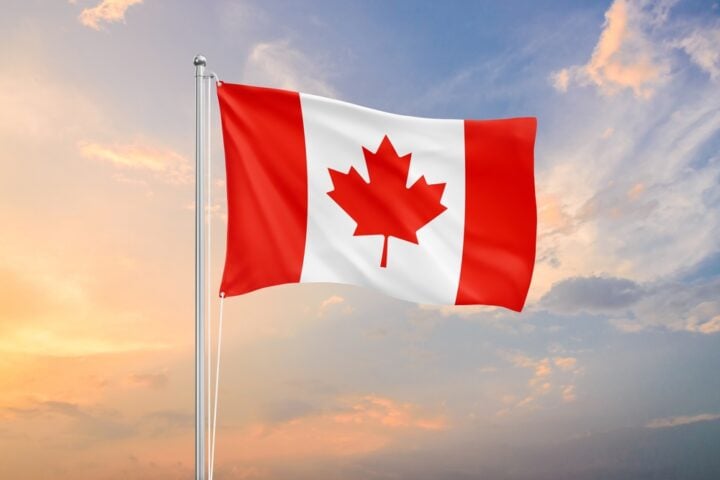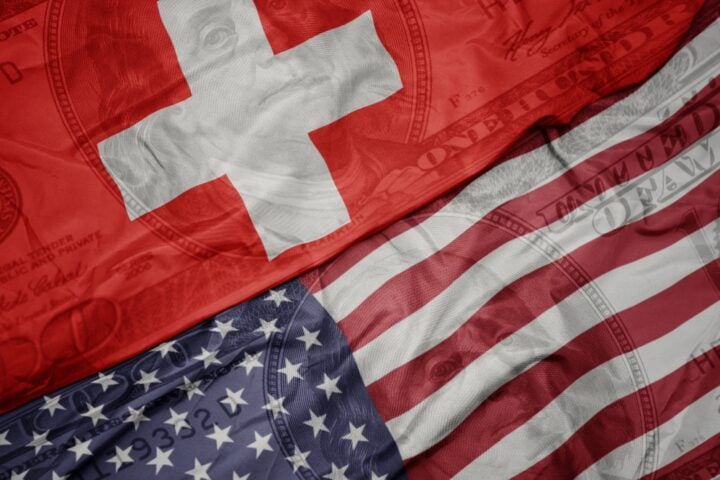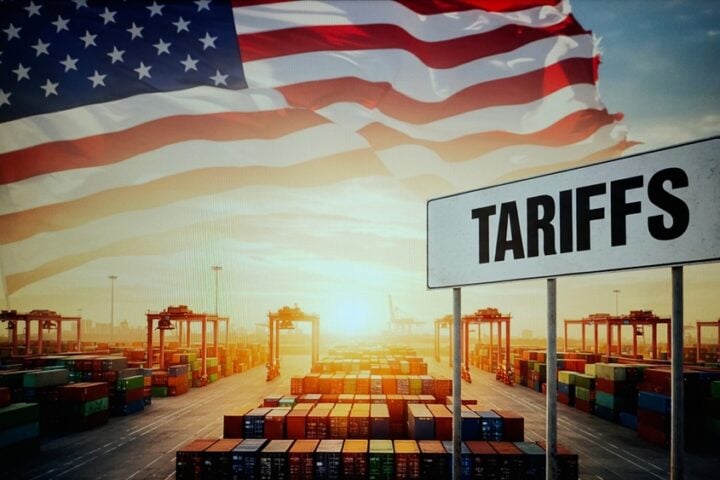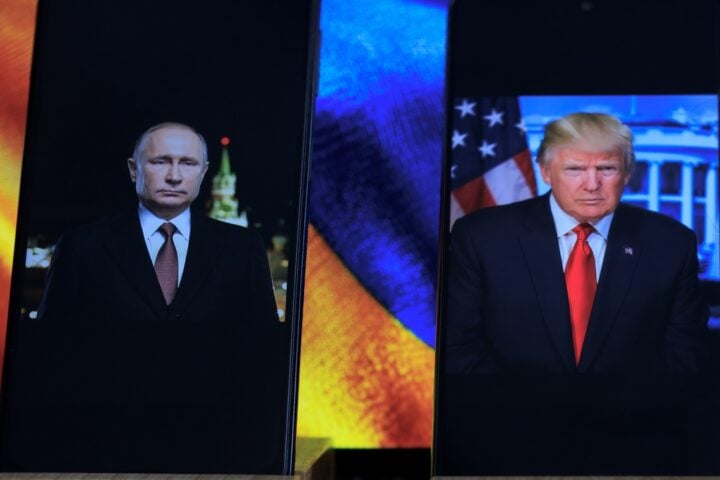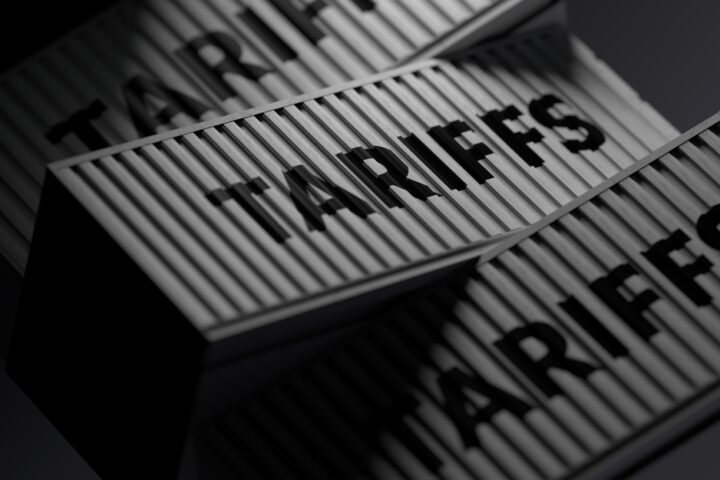European leaders offered swift congratulations to Donald Trump after his unexpected victory over Kamala Harris in the 2024 U.S. presidential election. However, beneath the formalities lies a palpable anxiety over potential economic fallout and renewed trade disputes.
A Surreal Outcome for Many
For many in Europe, waking up to Trump’s return felt like déjà vu. One anonymous EU official admitted, “I am seeing it, [and] not wanting to believe,” though noted that this time the shock was less intense than in 2016. A second source echoed these sentiments, saying, “It is not great, again,” while emphasizing the diminished surprise compared to Trump’s first ascent to power.
Immediate Congratulatory Responses
Despite the underlying unease, prominent European figures such as European Commission President Ursula von der Leyen, French President Emmanuel Macron, and Italian Prime Minister Giorgia Meloni were quick to extend their congratulations. Hungary’s Prime Minister Viktor Orban, known for his alignment with Trump’s political style, reportedly viewed the outcome with enthusiasm, reflecting varied sentiments across Europe.
Economic Implications Loom Large
The possibility of new economic tensions has European officials on edge. Trump’s prior threats to impose an additional 10% in tariffs on European nations and comments that the EU would need to “pay a big price” for not importing more American products suggest that economic skirmishes may soon follow. This prospect poses a significant risk for the European economy, which relies heavily on its $1.29 trillion trade relationship with the U.S.
Preparedness and Concerns
For over a year, EU officials have been bracing for a Trump win, focusing on strategies to safeguard their economies. Still, analysts at ING described Trump’s victory as Europe’s “worst economic nightmare,” predicting that potential tariffs could push the already stagnant eurozone into a recession. Germany, Europe’s trade powerhouse, would face severe repercussions, especially in its automotive sector.
German Finance Minister Christian Lindner had already sounded a warning at the IMF meetings, urging future U.S. leadership to avoid triggering a trade war with the EU. He hinted at possible countermeasures, emphasizing, “We would have to consider retaliation.”
Economic Experts Warn of Recession Risks
In a research note, analysts at ING expressed concerns that Trump’s election poses Europe’s “worst economic nightmare.” They warned that a potential trade war could plunge the eurozone from stagnation into a severe recession, with the German economy—particularly reliant on U.S. trade—among the most vulnerable.
German Finance Minister Christian Lindner recently underscored the importance of avoiding conflict, saying at last month’s IMF meetings, “We need diplomatic efforts to convince whoever enters the White House that it’s not in the best interest of the U.S. to have a trade conflict with the European Union.”
While Europe may hold its breath in anticipation of Trump’s policy direction, any renewed trade hostilities could lead EU nations to counter U.S. tariffs with their own measures, further complicating the global economy.



